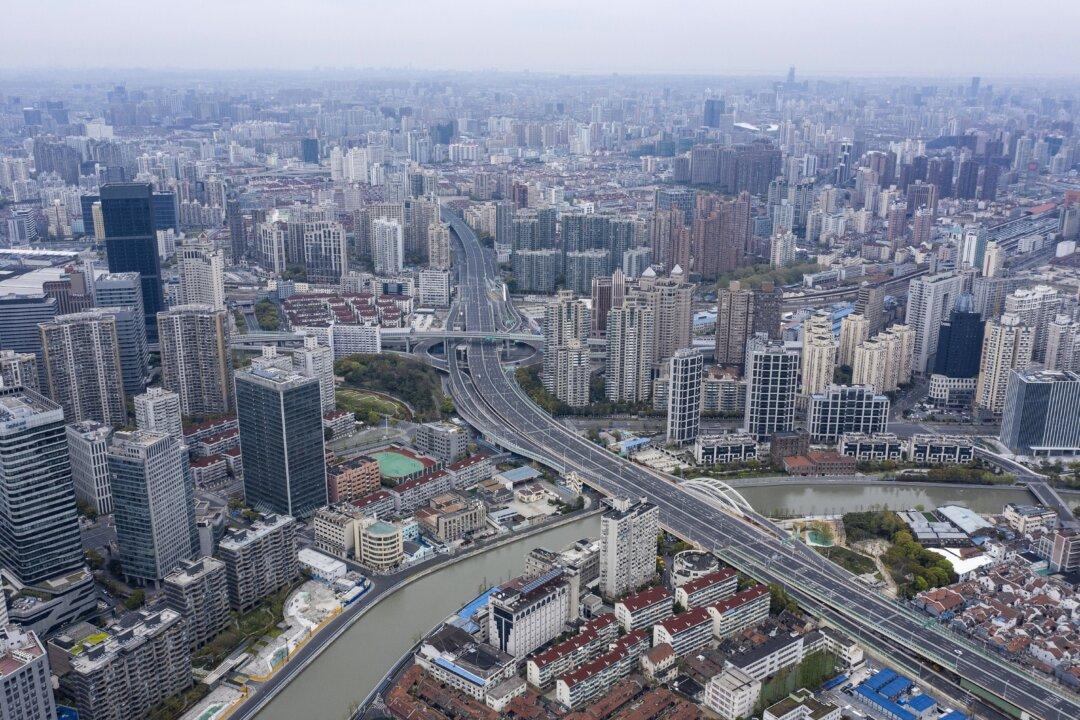Commentary
Looking back at the unprecedented economic lockdowns and draconian mandates during the more than two-year-long COVID-19 pandemic, many U.S. citizens could hardly posit a return to a similar state of affairs.

Looking back at the unprecedented economic lockdowns and draconian mandates during the more than two-year-long COVID-19 pandemic, many U.S. citizens could hardly posit a return to a similar state of affairs.